Fan Wei, Bo Huang, Zhang Yi … These actors grew up eating dialects, right?
Special feature of 1905 film network Recently, there are a lot of dialects on the big screen. You are my springIn,Huang XiaomingPlayed an alternative daddy in Sichuan dialect.
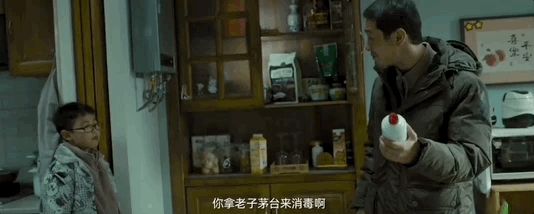
In Chinese, Wuhan dialect is also used to add fireworks to the characters.
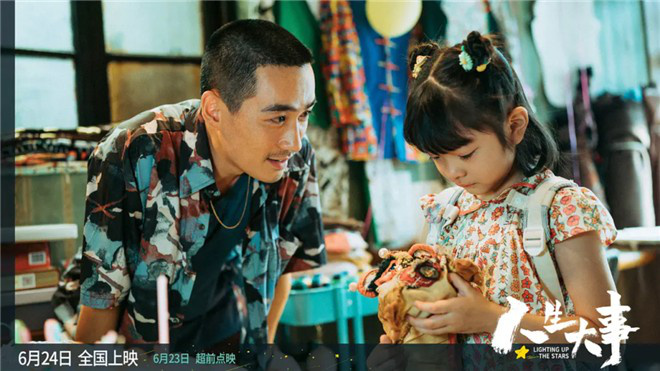
In order to shape the peasant women in the village, I study the northwest dialect specially, and I have a strong sense of contrast.
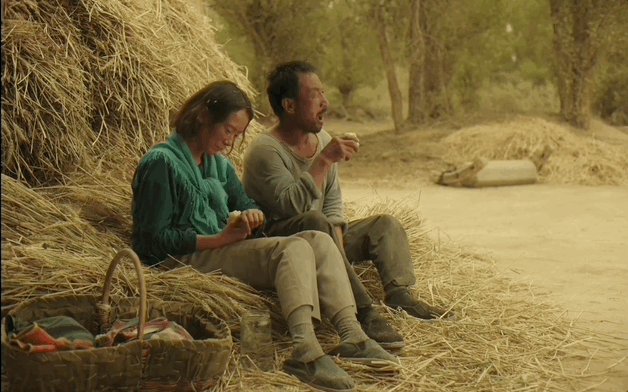
In the movie, the character is an alien princess on the surface, but when she opens her mouth, she smells like "hot pot" and is full of laughter.
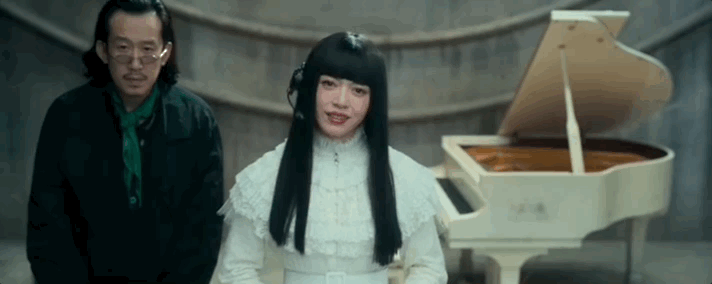
Seeing Yao Chen’s Sichuan dialect performance, careful netizens turned out her previous dialect shows in various film and television dramas and shouted: "Did Yao Chen grow up eating dialects?"
For example, in Legend of the Wulin, Guo Furong will occasionally mix a few words of Minnan dialect and even Tangshan dialect in Fujian Putonghua;
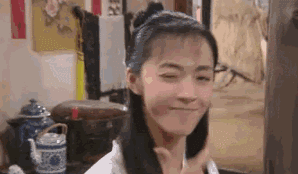
The sudden northeast dialect of the chef Tianshi also makes people laugh;
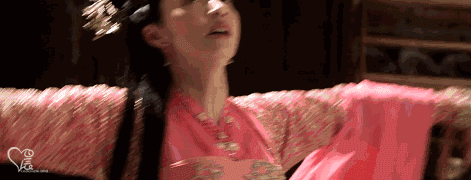
In the novel, she imitated the inner subtext of different women shopping with the accents of Northeast China, Shanghai and Taiwan Province.
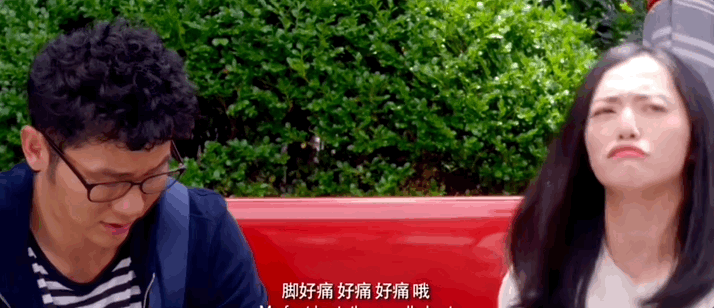
Besides Yao Chen, many actors are also generalists in dialects. It’s amazing to play a role and learn a language!
Low-key strength actors have not only created countless classic characters with the Northeast dialect of their hometown, but also interpreted the little people who are far away from each other.
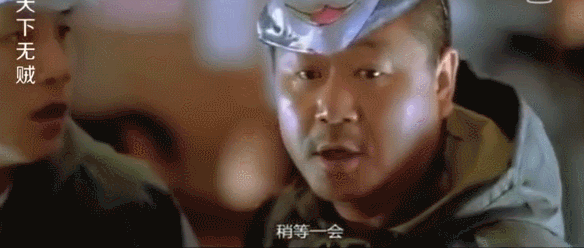
He didn’t have many lines as the brick brother in the movie, but he went to Zhengzhou to ask the local farmers to correct their pronunciation word by word.
In the novel, he also once again showed the Henan dialect that injected soul into the characters.
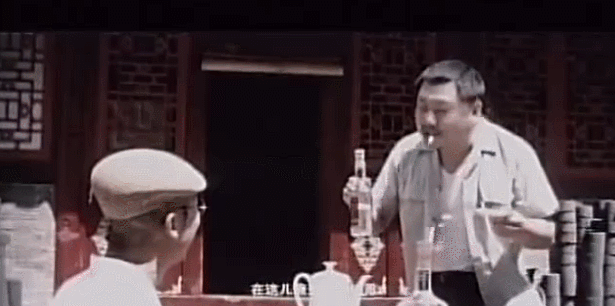
In the novel, Mr. Tang, a patriotic doctor played by Fan Wei, speaks Shanghainese Mandarin, which shows the elegance and cowardice of the characters.
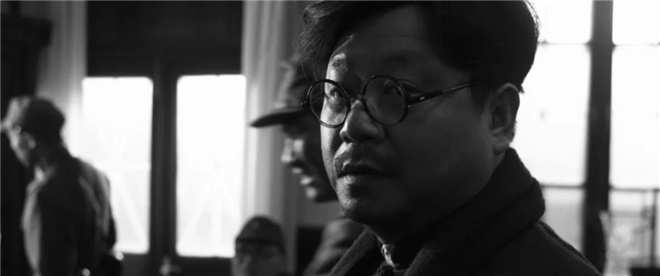
In the middle school, Fan Wei made a Shandong man stand up with his authentic Zaozhuang dialect, who was superficial and passive to Nuo Nuo.The drama of angry Japanese aggressors in Shandong dialect can be called the whole film.highlightMoment.
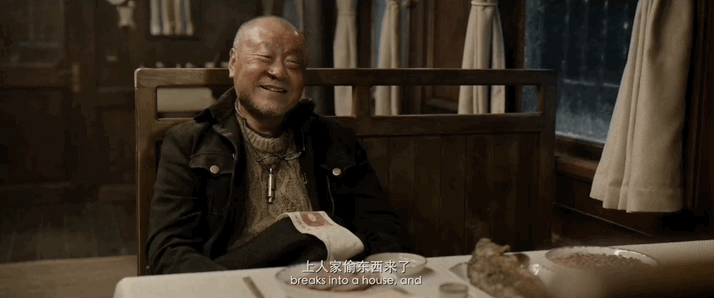
Comedies and dramas are also popular with senior scholars in local dialects.Early representative worksCrazy StoneandCrazy racing carBo Huang brought the dialect of his hometown Qingdao into full play.
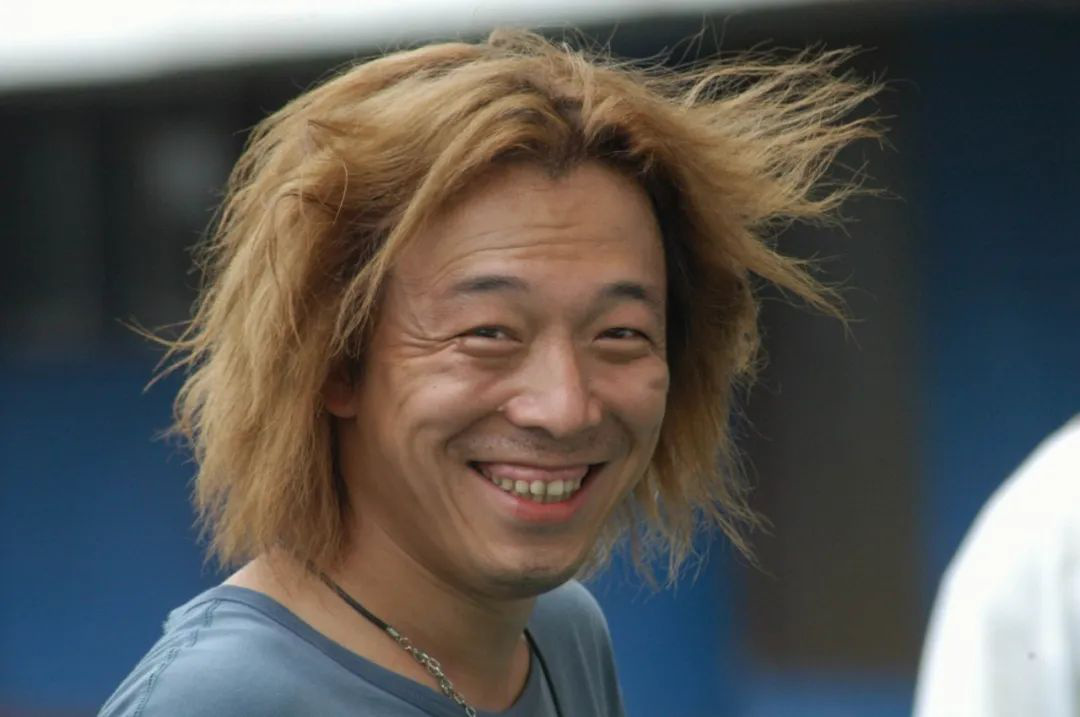
The pure Shandong dialect performance in the movie also won him the best actor trophy.
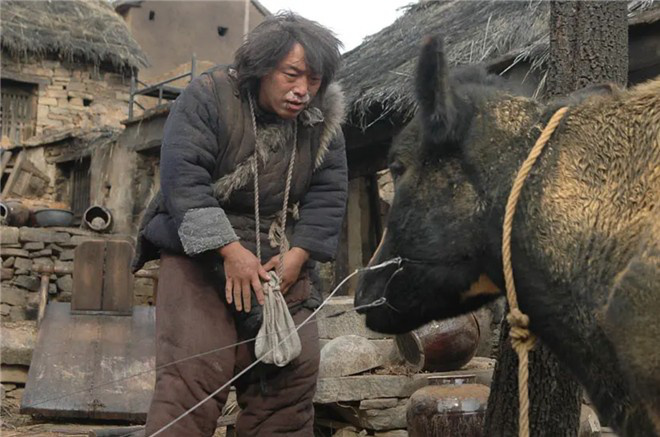
Bo Huang’s Henan dialect is also full of laughter.
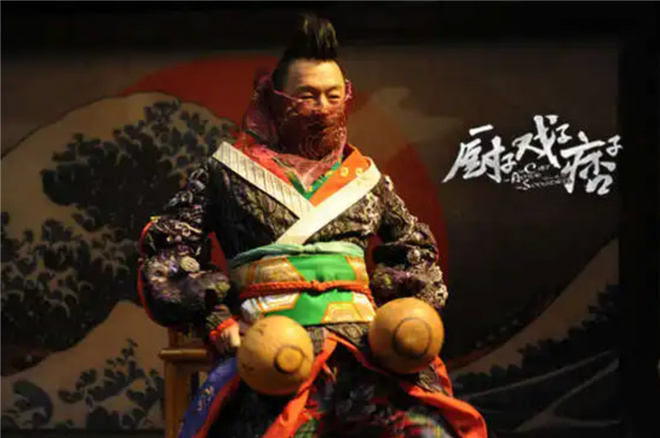
Located in the southwest shanzhai, Bo Huang also spoke Sichuan dialect and became a local devil incarnate.
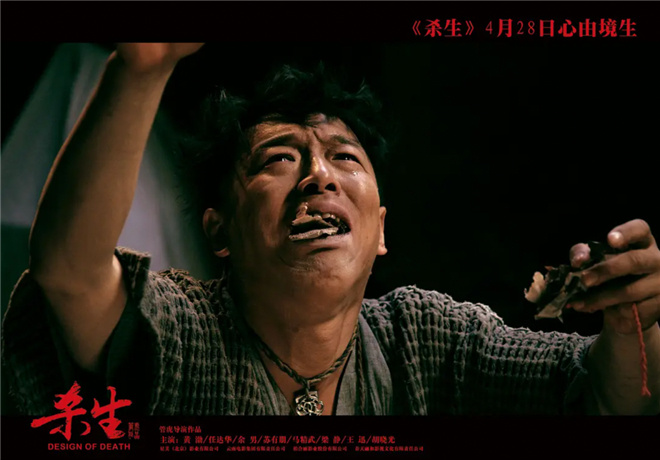
In Bo Huang, the southwest dialect once again appeared.The phrase "UFO" became one of the funniest points in the film.
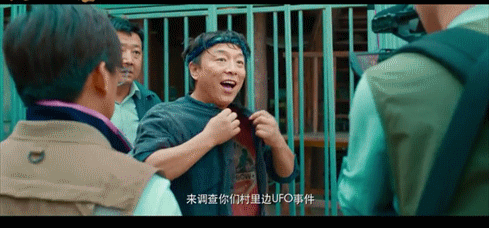
Similarly, those who conquer the audience by acting skills without relying on face value are also good at shaping characters in local dialects. mountains may departIn the past, he is a stubborn and face-saving Shanxi coal boss;
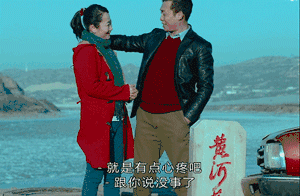
In the movie, he is a hilarious killer with a strong northeast accent;
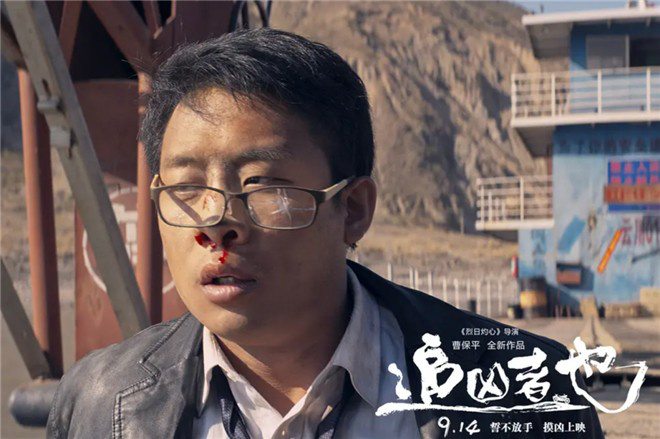
In Dear, Han Dezhong’s drunken Qin opera made people cry.
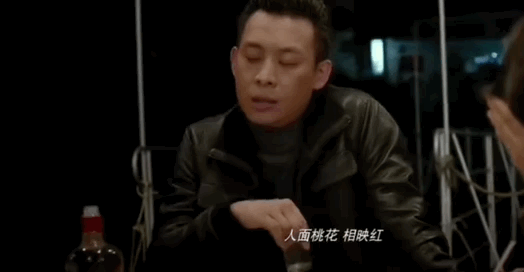
In the past, a Shaanxi dialect highlighted the simplicity and stubbornness of artillery Zhang Fei.Zhang Yi also specially produced a self-made dialect script, and every word was refined, showing his professional attitude.
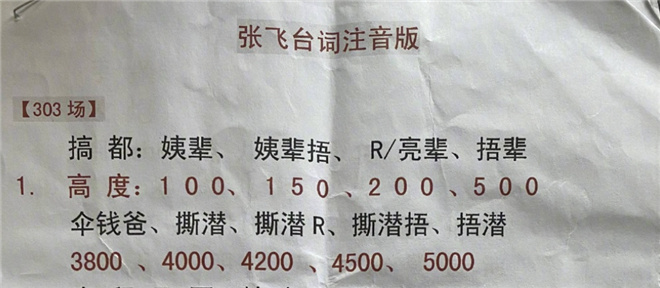
Chen Jianghe, the "Chicken Feather Brother" in "Chicken Feathers Fly to Heaven", has fully displayed Zhang Yi’s language talent.
In a bridge where he called buyers from all over the world, Yiwu dialect, Sichuan dialect and Beijing dialect were seamlessly transformed, and the characters were shaped in one fell swoop.
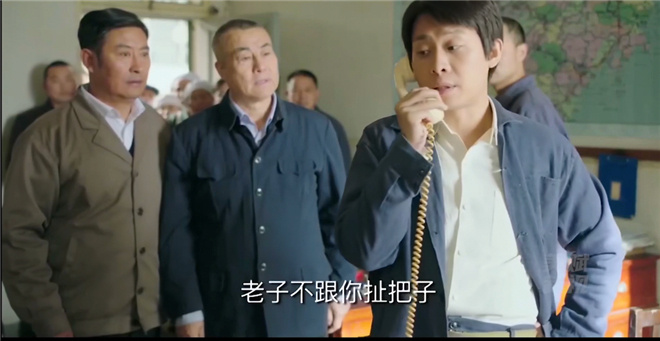
Dialect is an important part of regional characteristics.
As soon as the authentic dialect opens its mouth, it can quickly give the characters a sense of life and give the film fireworks.
For actors, learning dialects is a wonderful way to shape characters, and it is also the embodiment of acting skills and professionalism.
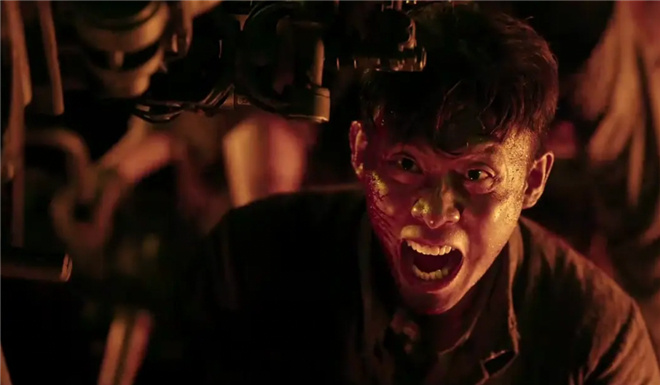
In the future, there will be many films with strong regional characteristics and authentic dialects, which are worth looking forward to.
In addition to the above-mentioned "Into the Dust", there are also crime films. Because the films are mainly shot in Nanchong and Mianyang, Sichuan, the starring and naturally talked about Sichuan dialect.
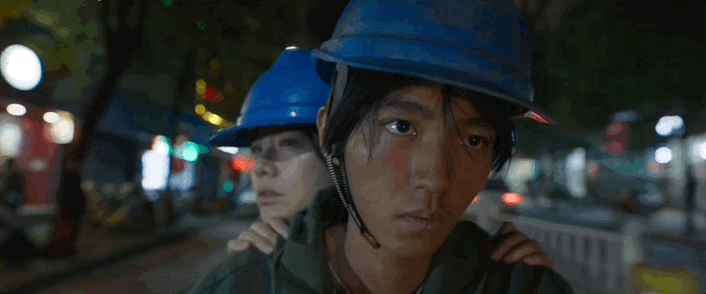
What I have created will be filmed in Shanghai again. In the first preview, the dialogue with Shanghai dialect is amazing.
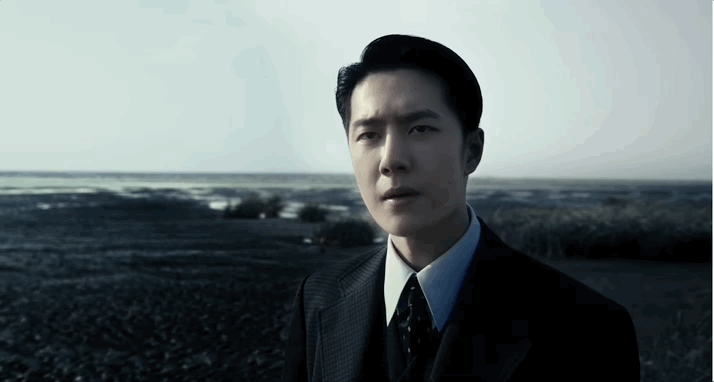
Starring Blossoms Shanghai will also be performed in Shanghai dialect. The Shanghai greeting "I’m Po, I haven’t seen you for a long time" exposed before is enough to attract people’s expectation.
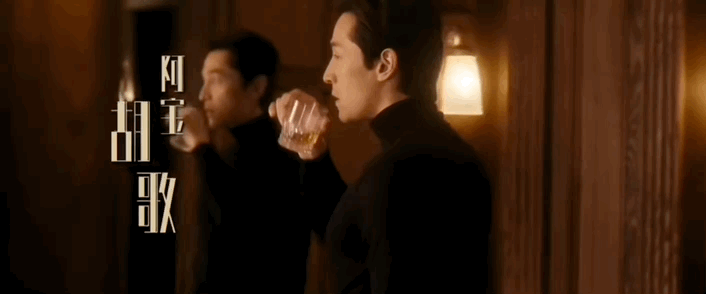
Where is your hometown? What is the dialect line that impressed you the most?